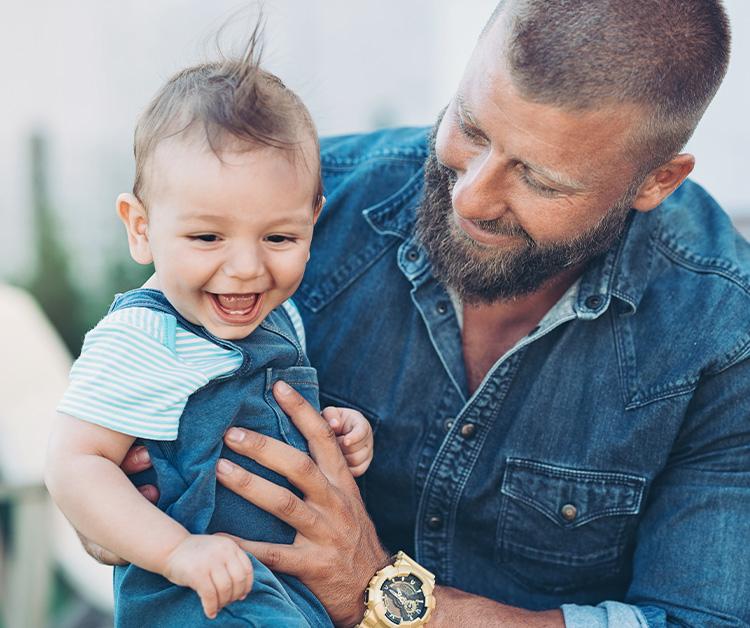Due to maintenance, rewards points for receipt uploads will be delayed. Thank you for your patience!

We know that it’s difficult — very difficult — to find ways to deal with the current situation and separate myth from fact.
If you are overwhelmed by the vast amount of information that exists about the Coronavirus, you’re not alone. We know that it’s difficult — very difficult — to find ways to deal with the current situation and separate myth from fact.
We can’t downplay the risks, or let fear paralyze us. There are several myths that have been circulating in the media, as well as social media that fuel confusion rather than provide clarity.
Here are some common myths about coronavirus, babies and kids along with factual information so that you can be informed and take actions to care for yourself and your children.
In February of this year, some studies were carried out in China which showed (in that country and with a reduced number of cases analyzed) that only 2% of COVID-19 patients were in the 0 to 19-year-old age group and that their symptoms were benign compared to symptoms among adults and among the elderly. China reported only one death in the 0-19 age group.
Another preliminary study, published on February 28 by the World Health Organization, indicated that this disease "appears to be relatively rare and moderate among children" under 19 years of age, occurring in only 2.4% of cases.
It became clear with more experience with the virus worldwide, that infants and children can be at risk.
Children are not exempt from getting infection with COVID-19 but they are not in the highest risk groups such as adults and those with heart, diabetes, lung disease, or immunocompromised illnesses. They also may not exhibit the same clinical signs of fever or cough and few have had serious need for hospitalizations. There have been reports however of infants less than 1 year old having more severe illness. It is important therefore to make sure all children and adults wash their hands and follow all local, national policies for distancing if present.
Early studies have documented that babies born to mothers infected with COVID-19 were born free of this virus. It was also found that the virus does not pass into the amniotic fluid or into breast milk.
Although a lot remains unknown about COVID-19 still, there is no current evidence linking amniotic fluid or human milk transmission of COVID-19. But be aware, that if you as a mother unfortunately get COVID-19, you are in a position to pass it to your baby via the respiratory route, that is, by breathing close to them.
Speak with your doctor about the proper precautions, such as wearing a mask and practicing good hygiene, but do not stop breastfeeding, since breast milk is the best food for your baby.
In case you are infected with COVID-19 and are concerned about being physically close to your baby, another option available to you is to express your milk and ask another person to feed your baby.
More information about the myths and facts of COVID-19 can be found at the following: Families & Children at the CDC
All information on Enfamil, including but not limited to information about health, medical conditions, and nutrition, is intended for your general knowledge and is not a substitute for a healthcare professional's medical identification, advice, or management for specific medical conditions. You should seek medical care and consult your doctor or pediatrician for any specific health or nutrition issues. Never disregard professional medical advice or delay seeking medical treatment, care, or help because of information you have read on Enfamil.